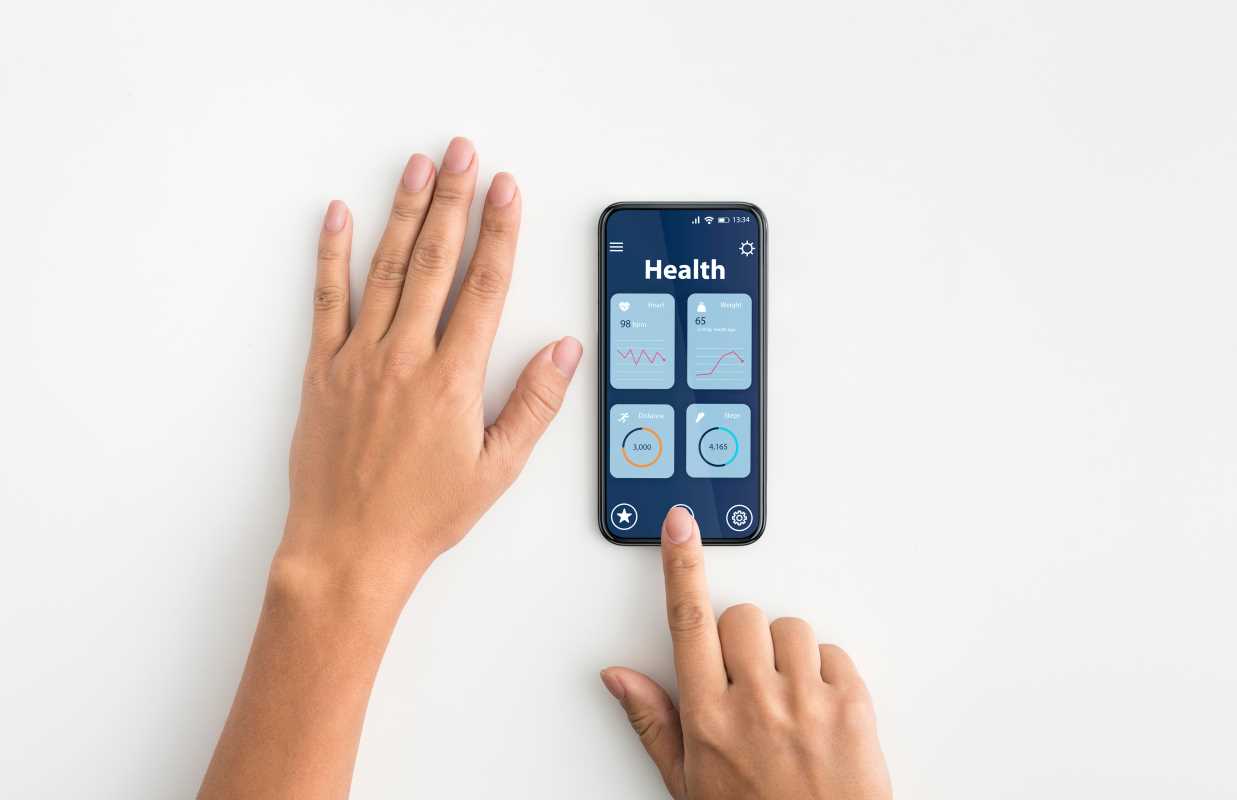Caring for young children with ongoing health concerns brings many challenges to daily life. Parents often coordinate doctor visits, keep track of medications, and adjust routines to meet their child’s needs. All of this happens while they work to support their child’s emotional well-being and growth. Striking the right balance between meeting medical requirements and maintaining a sense of normalcy at home is not always easy. These responsibilities can cause stress, yet finding ways to create a steady, supportive environment helps children and families feel more secure and connected as they navigate each day together.
Understanding how to effectively handle these ongoing health needs can transform daily struggles into manageable tasks. With the right knowledge and practical tools, families can build routines that support their child's well-being, reduce anxiety, and foster a sense of normalcy. Staying proactive and organized becomes the key to turning potential chaos into calm, confident caregiving.
Unseen Challenges in Early Health Care
Caring for young children with ongoing health concerns often involves navigating unseen hurdles that many parents might not initially recognize. These challenges include managing unpredictable flare-ups, understanding complex medication regimens, and addressing emotional stress that can affect both child and caregiver. Such issues can sometimes lead to feelings of frustration or helplessness, especially when support systems are not fully in place.
Parents must also contend with the emotional toll of watching their child struggle with health issues. It can be difficult to maintain a positive outlook when faced with frequent doctor visits or dietary restrictions. Recognizing these hidden struggles helps parents develop more compassionate and effective approaches to daily care, fostering resilience and confidence in managing health needs without feeling overwhelmed.
Strategies That Make a Real Difference
Practical methods for managing chronic conditions effectively in everyday family life.
1. MyHealthApp
Purpose: Personalized medication reminders and symptom tracking
- Launched: 2021
- Key Features: Easy-to-use interface for recording daily health data
- Insider Tip: Set push notifications for meds—ideal for busy mornings or school transitions
- Availability: Free and paid versions in app stores
2. Allergy-Friendly Meal Plans
Purpose: Simplify allergen-safe meal preparation
- Platform: Online subscription
- Key Features: Customizable recipes based on child’s specific allergies
- Value: Saves time while meeting dietary needs without compromising nutrition
- Insider Tip: Use weekly batch-cooking suggestions to cut prep time
- Cost: Monthly fee, varies by provider
3. Child-Friendly Medical Devices
Purpose: Make at-home health checks easier and less stressful
- Brands: Welch Allyn and others
- Devices: Digital thermometers, pulse oximeters, etc.
- Cost: $20–$50
- Insider Tip: Store in a visible, accessible spot for faster response to symptoms
- Portability: Ideal for travel or school bags
4. Support Groups and Forums
Purpose: Emotional and informational support for families
- Examples: KidsHealth forums, Facebook groups, local networks
- Features: Moderated spaces, professional advice, peer sharing
- Value: Reduces isolation and encourages practical problem-solving
- Insider Tip: Join both general and condition-specific groups for more targeted tips
5. School Health Programs
Purpose: Ensure care continuity during school hours
- Features: On-site nurses, individualized health plans (IHPs)
- Cost: Usually free via school system
- Insider Tip: Schedule a start-of-year meeting with school health staff to review the plan
- Benefit: Quick emergency response and better day-to-day symptom tracking
6. Flexible Scheduling with Digital Calendars
Purpose: Organize medical care around daily life
- Tool: Google Calendar or similar apps
- Use Case: Sync appointments, medication reminders, therapy sessions
- Insider Tip: Share calendar access with babysitters, grandparents, or teachers
- Cost: Free
7. Educational Workshops
Purpose: Build health literacy and confidence in care decisions
- Offered by: Local hospitals, clinics, nonprofits
- Topics: Condition-specific management, healthcare navigation, insurance literacy
- Insider Tip: Attend quarterly to stay updated on evolving treatments
- Cost: Often free or low-cost
Tools and Resources to Support Young Patients
- Child Health Tracking Apps - These apps, like CareClinic, allow parents to record symptoms, medication schedules, and doctor visits in one place. They often include data sharing features for easy communication with healthcare providers. The cost is usually free or low-cost, making them accessible for most families. An insider tip is to review the history before appointments to discuss patterns with the doctor.
- Portable Medical Kits - Stocked with essential supplies such as bandages, thermometers, and allergy medications, kits from brands like Medline are compact and designed for travel. These kits help parents respond quickly to minor health issues at home or on the go without unnecessary trips to the pharmacy. Regularly updating the kit ensures readiness for any situation.
- Educational Resources and Literature - Trusted websites like KidsHealth offer articles, videos, and guides tailored to children with specific health needs. These resources empower parents with knowledge about managing symptoms and understanding treatment plans. Bookmarking reliable sources prevents misinformation and helps make informed decisions.
- Local Support Services - Community programs often provide counseling, nutrition advice, and therapy sessions tailored for children with chronic issues. Accessing these services can improve emotional well-being and complement medical treatment. An insider tip is to inquire about sliding scale fees or free programs to maximize support within budget constraints.
- Specialized Medical Equipment - Devices like nebulizers or allergy testing kits from companies such as Philips are vital tools for at-home management. These tools often come with detailed instructions and customer support. Regular maintenance and proper storage extend their lifespan and ensure accurate results.
- Personalized Care Plans - Collaborate with healthcare providers to develop detailed care plans that include medication schedules, nutrition guidelines, and activity restrictions. Having a written plan helps maintain consistency and reduces confusion during daily routines. Keep copies accessible at home and school for quick reference.
- Parent Training Sessions - Many clinics offer workshops on administering injections, managing emergencies, and communicating effectively with providers. Attending these sessions boosts confidence and prepares caregivers for unexpected situations. Repeat attendance can reinforce skills and update parents on new treatment options.
Building a Supportive Daily Routine
Establishing a consistent routine benefits children with chronic health issues by providing predictability and stability. Prioritize regular meal times, medication schedules, and sleep routines to create a sense of normalcy. Using visual charts or timers can help young children understand and anticipate daily tasks, reducing anxiety and resistance.
Involving children in planning their routines fosters a sense of control and cooperation. For example, letting them choose their medication times or participate in meal prep can make daily health management less intimidating. It also encourages responsibility as they grow older, laying the foundation for self-care habits.
Overcoming Common Roadblocks
Handle setbacks like missed meds or flare-ups with calm, open communication and flexible planning. Keep emergency contacts and backup options ready, and adjust routines as needed with support from caregivers and schools. With organization and adaptability, you can navigate challenges confidently and protect your child’s well-being.
 (Image via
(Image via





